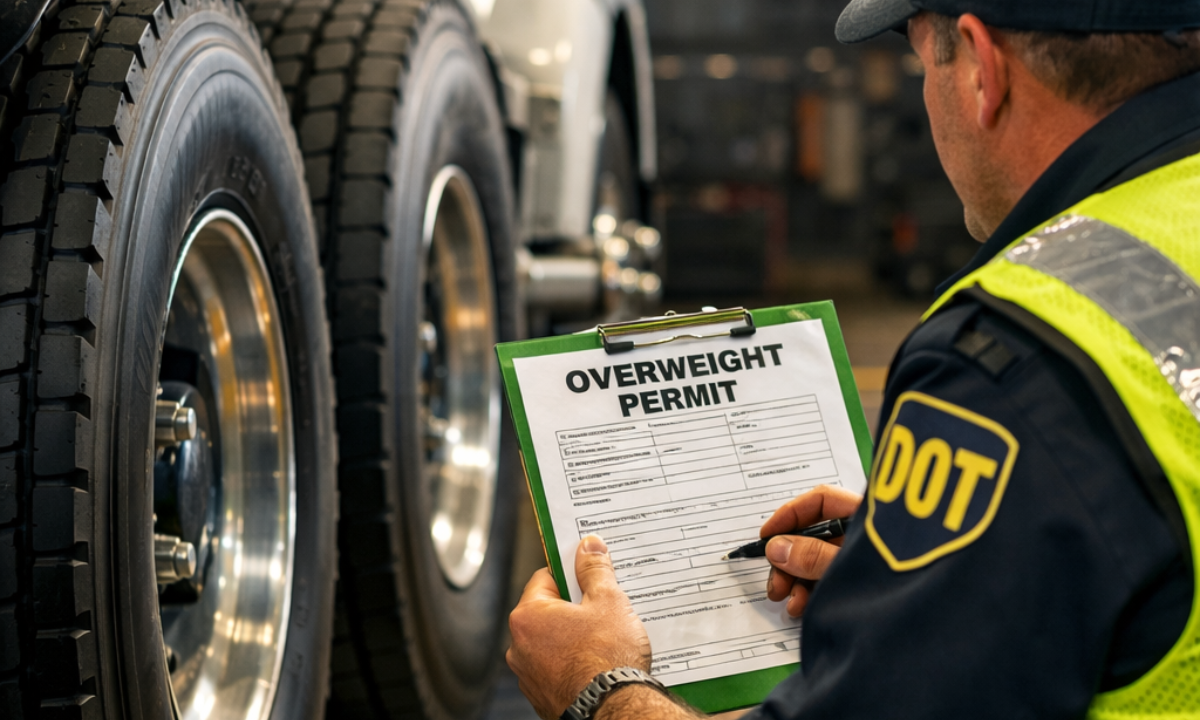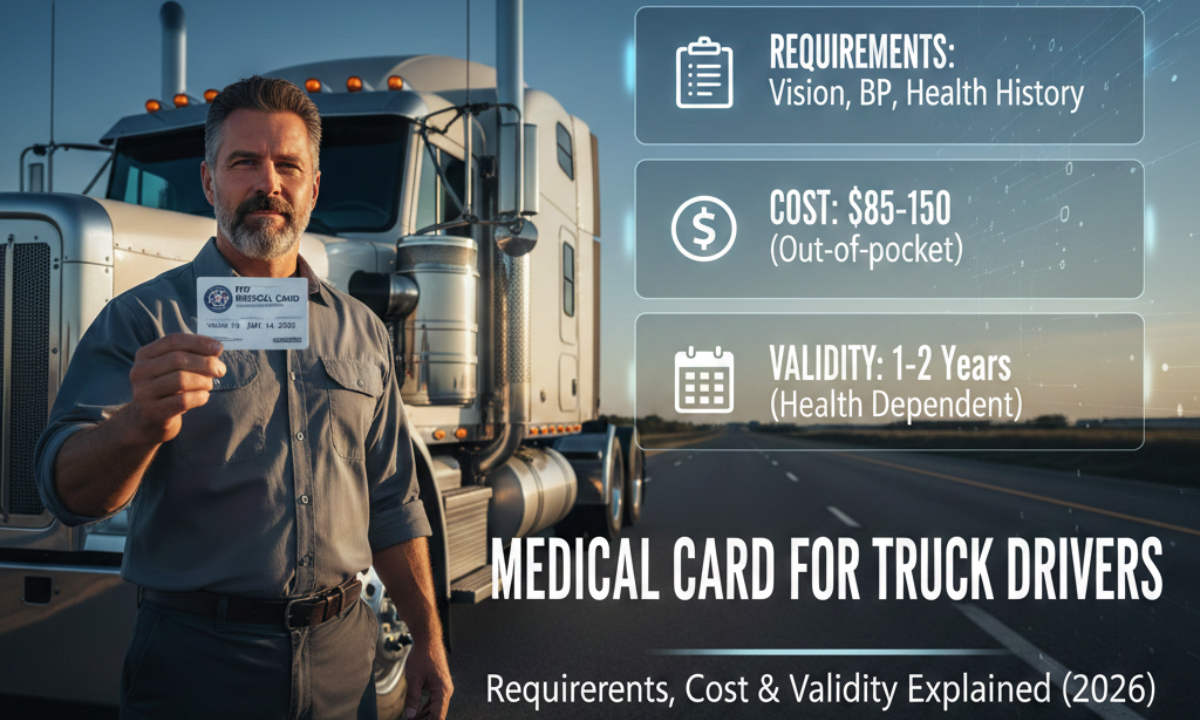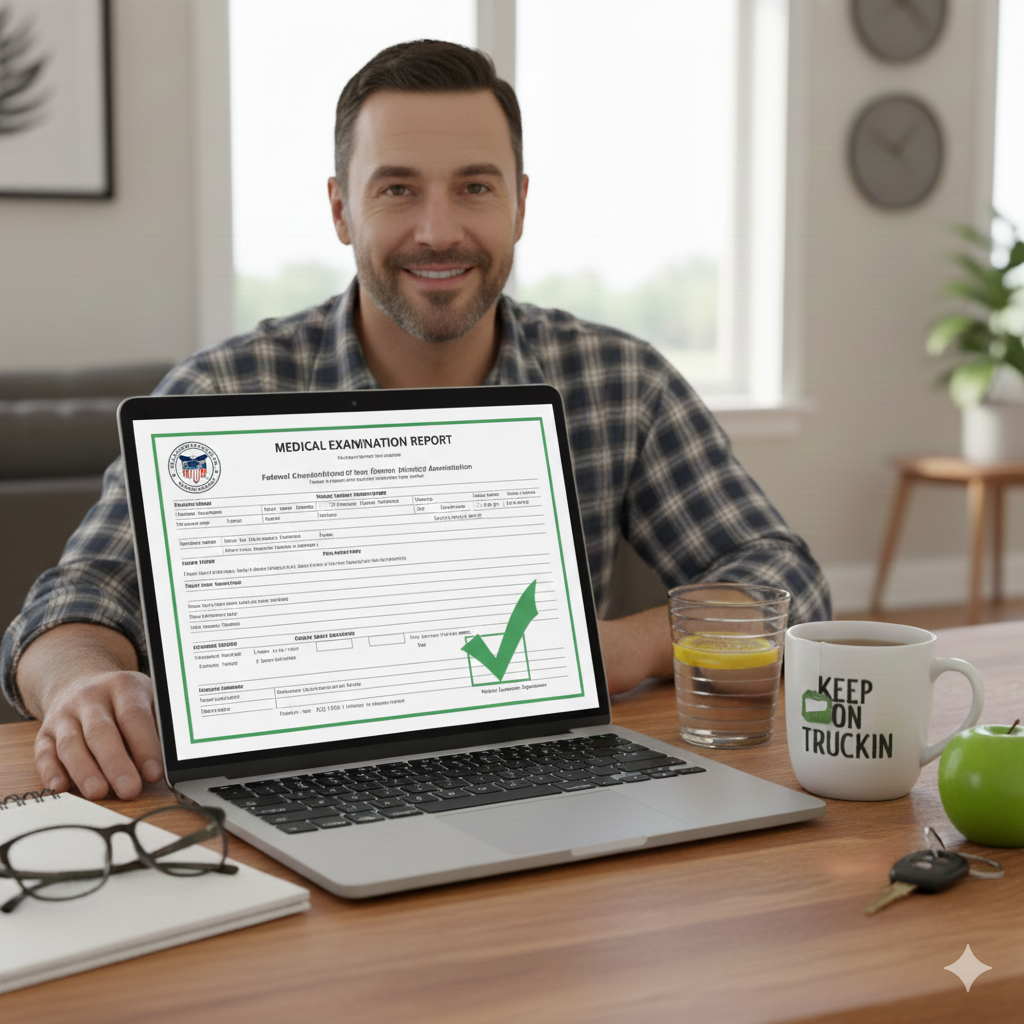Is it hard to be away from home and family for long periods?
Emotional Impact of Extended Absences
Feeling lonely, stressed, or emotionally exhausted often comes from long absences. Truck drivers tend to miss important family events, such as birthdays, anniversaries, or school milestones, which further brings guilt and estrangement. These feelings may affect the spouse’s mental health and the satisfaction with his or her job. Many companies now are creating well-being programs and mental health awareness among their employees to assist drivers at their times of need.
Role of Technology to Keep Families Together
Recent communication technologies enable truck drivers to stay close to their families even when far away. A few of them include:
- Video Calls & Messaging Apps: Frequent check-ups using any Smartphone or tablet create emotional ties for the drivers.
- Social Media & Photo Sharing: Families sending quick shares and daily moments to one another.
- Company-Supported Communication Policies: Some companies give drivers free mobile communication to facilitate their staying connected.
Technology has changed how drivers manage relationships and emotional well-being while away from home.
Work-Life Balance in Trucking
Balancing a heavy schedule with time for personal life is among the tougher challenges in trucking. Very often, drivers are required to work long hours; ruling the individual often is required to rest due to federal regulations such as the Hours-of-Service HOS. While such regulations aim to maximize safety, they pretty much give the timeline for scheduling drivers to return to their home. The Companies that allow scheduling flexibility and have regional delivery help achieve a better balance.
Family Support and Understanding
Powerful family support systems are vital for truckers. When families understand the demands of the profession, tension is lowered, and stability is assured. Many carriers extend family assistance programs, counseling, or even family events to bridge the gap. Periodically, it is actually the respect accepted by loved ones for all that the job sacrifices that keep most drivers around.
Coping Strategies for the Driver
Experienced drivers do develop personal methods to cope with long separations, including:
- Structuring Communicative Schedules -During the trips, they call home at the same time, every day when possible, maintaining consistency.
- Carrying a Few Personal Comforts – Some photos and some music or a few small items familiar from home are always with them for sense of connection.
- Putting Focus on Health – Regular physical activity, good quality sleep, and healthy eating choices work to help relieve stress.
- Goals-Oriented Attitude – While being away from home, especially behind the wheel, they keep in mind that they pursue well-deserved accomplishments and money for family welfare.
These strategies help ease the strain of long absences and promote overall well-being.
Changes within the Industry Toward More Home Time
In order to attract and retain talent, many trucking companies are revising their schedules to provide more frequent home time for drivers. Some now offer:
- Dedicated Routes – Regular predictable schedules bring drivers home every week.
- Regional Driving – Shorter hauls, faster turnarounds.
- Team Driving – Enables drivers to split shifts, operate faster, and enjoy increased time at home.
This change shows the industry’s acknowledgment that a driver’s satisfaction equals family stability.
Closing Thoughts
Indeed, trucking is challenging when it comes to prolonged separation from the family, but it is manageable with good communication, supportive families, good coping strategies, and company-supported programs. The toll on one’s emotions is real, but the industry is adopting progressive changes toward flexibility, wellness, and work-life balance pathways to allow a driver to balance their professional career with healthy personal life.
Disclaimer: The information provided in this blog post is for general informational purposes only. While we strive to keep the content accurate and up to date, we do not guarantee its completeness, reliability, or accuracy. Any actions you take based on this information are strictly at your own risk. We are not responsible for any losses, damages, or inconveniences that may arise from the use of this blog.












